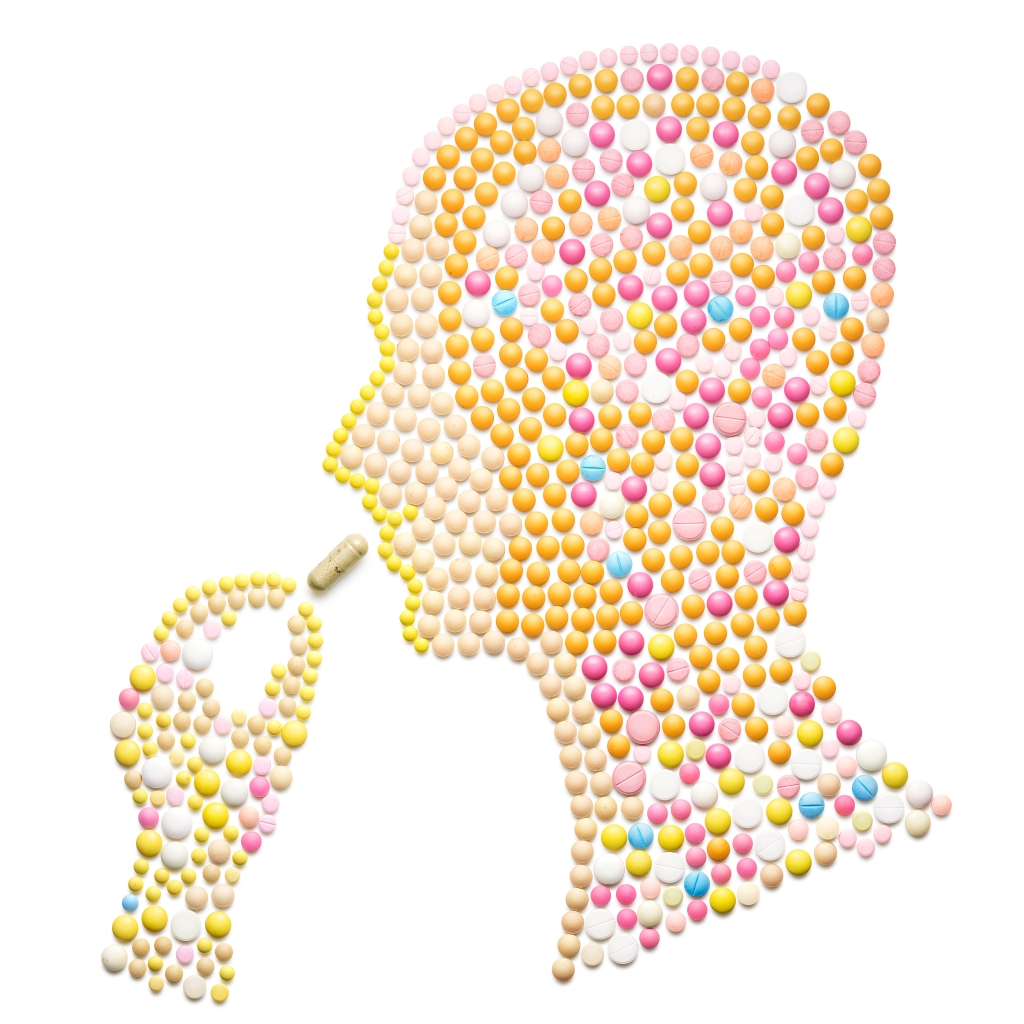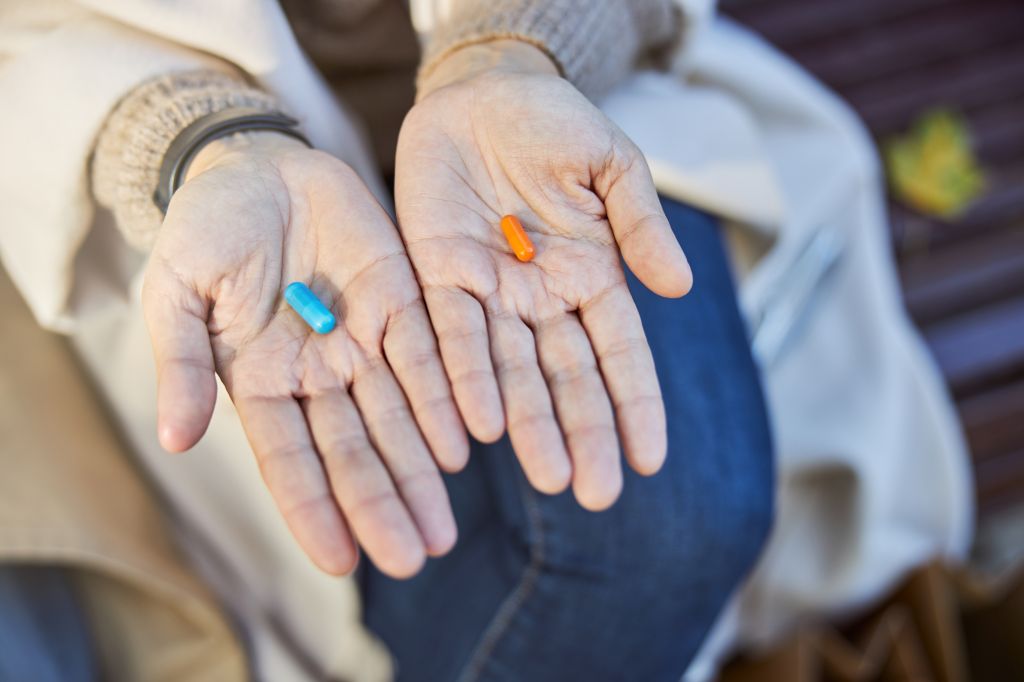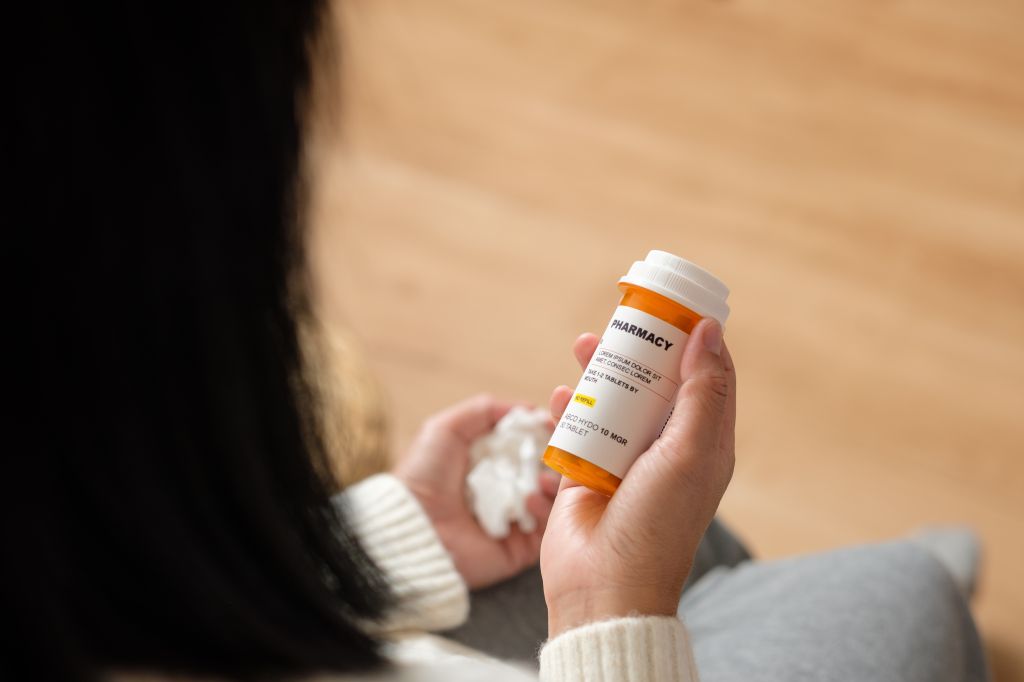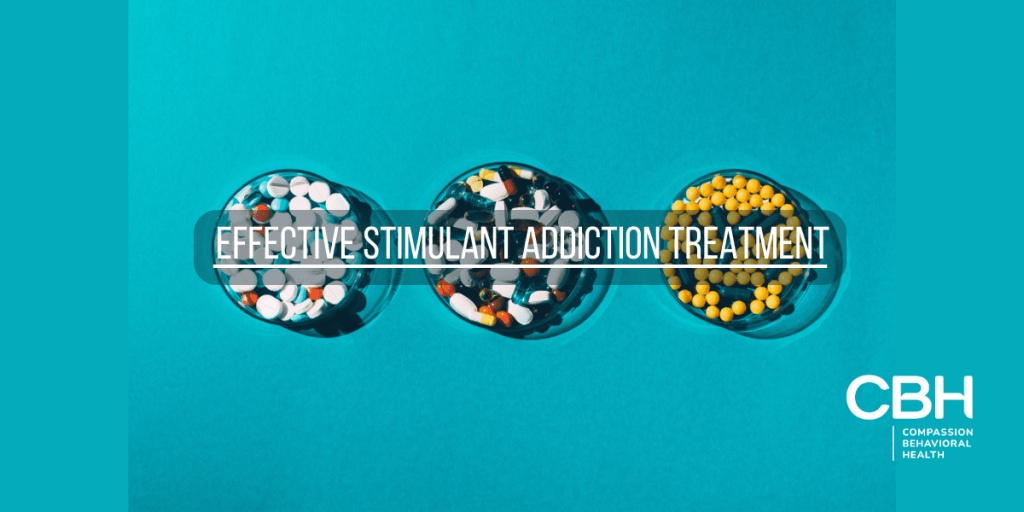Stimulant addiction is a serious issue that affects millions of people worldwide. Whether it’s the abuse of prescription medications like Adderall or illicit substances such as cocaine, overcoming stimulant addiction requires comprehensive treatment and support. This guide aims to provide you with a comprehensive overview of effective stimulant addiction treatment options. From understanding the science behind addiction to exploring different treatment approaches and long-term recovery strategies, we will cover everything you need to know to help yourself or someone you care about overcome stimulant addiction.
Understanding Stimulant Addiction
Before diving into treatment options, it’s crucial to have a solid understanding of stimulant addiction. What makes stimulants addictive, and what are the common types of stimulant addictions?
Stimulant addiction is a complex and multifaceted issue that affects millions of individuals worldwide. It is characterized by a compulsive and uncontrollable craving for stimulant drugs, which can lead to severe physical, psychological, and social consequences.
The Science Behind Stimulant Addiction
Stimulants work by increasing the levels of dopamine, norepinephrine, and serotonin in the brain, leading to a sense of euphoria and heightened alertness. These neurotransmitters play a crucial role in regulating mood, motivation, and reward pathways in the brain. However, prolonged and excessive use of stimulants can disrupt the delicate balance of these neurotransmitters, leading to a dysregulation of the brain’s reward system.

When someone uses stimulants, the brain is flooded with an excessive amount of dopamine, which creates a pleasurable and rewarding sensation. This flood of dopamine reinforces the desire to continue using stimulants, as the brain associates the drug with pleasure. Over time, the brain becomes dependent on the presence of stimulants to maintain normal functioning, leading to addiction.
Common Types of Stimulant Addictions
Some of the most common types of stimulant addictions include amphetamines, methamphetamine, cocaine, and prescription stimulant medications like Adderall or Ritalin. Each of these substances has its own unique effects and risks.
Amphetamines, such as dextroamphetamine and levoamphetamine, are commonly prescribed for attention deficit hyperactivity disorder (ADHD) and narcolepsy. However, they are also frequently abused for their euphoric effects and increased energy levels. Long-term abuse of amphetamines can lead to a range of physical and psychological health problems, including cardiovascular issues, psychosis, and cognitive impairments.
Methamphetamine, commonly known as meth, is a highly addictive and potent stimulant that affects the central nervous system. It is typically smoked, snorted, or injected, and its effects can be long-lasting. Methamphetamine abuse can cause severe damage to the brain, heart, and other vital organs, leading to a host of health problems and cognitive impairments.
Cocaine is a powerful stimulant derived from the coca plant. It is usually snorted, but it can also be smoked or injected. Cocaine produces intense feelings of euphoria, increased energy, and heightened alertness. However, its short-lived effects often lead to repeated use, which can quickly spiral into addiction. Chronic cocaine abuse can have devastating effects on the cardiovascular system, as well as mental health issues such as anxiety, paranoia, and depression.

Prescription stimulant medications like Adderall or Ritalin are commonly prescribed for ADHD and other attention disorders. While these medications can be highly effective when used as directed, they are also prone to misuse and abuse. Many individuals, including students and professionals, misuse these medications to enhance focus, concentration, and academic or work performance. Prolonged misuse of prescription stimulants can lead to dependence, addiction, and a range of physical and psychological health problems.
Understanding the different types of stimulant addictions is essential in developing effective treatment strategies and interventions. It is crucial to address the underlying factors contributing to addiction, provide comprehensive support, and offer evidence-based treatments to help individuals overcome stimulant addiction and achieve lasting recovery.
The Impact of Stimulant Addiction
Stimulant addiction can have devastating consequences on both physical and psychological levels. Understanding these effects is vital to comprehend the urgency of seeking treatment.
When it comes to the physical consequences of stimulant addiction, the toll it takes on the body can be severe. Long-term stimulant abuse can lead to heart problems, high blood pressure, malnutrition, and other physical health issues. The constant strain on the cardiovascular system caused by stimulant abuse can result in an increased risk of heart attacks, strokes, and other cardiovascular diseases. Additionally, the appetite-suppressing effects of stimulants can lead to malnutrition, as individuals may neglect proper nutrition and fail to consume enough essential nutrients.

Moreover, the psychological effects of stimulant addiction can be equally as devastating. Stimulant addiction can cause
- Anxiety
- Depression
- Paranoia
- Cognitive impairment
The constant flood of dopamine in the brain, caused by stimulant use, can disrupt the natural balance of neurotransmitters, leading to imbalances that contribute to mental health disorders. Anxiety and paranoia can become overwhelming, making it difficult for individuals to trust others or feel safe in their own surroundings. The constant state of heightened alertness and agitation can also lead to sleep disturbances, further exacerbating the psychological toll of stimulant addiction.
Furthermore, the cognitive impairment caused by stimulant addiction can significantly impact a person’s ability to function in various aspects of life. Memory problems, difficulties with concentration and focus, and impaired decision-making skills are common cognitive impairments associated with stimulant abuse. These impairments can hinder academic or professional performance, strain relationships, and lead to a general decline in overall cognitive functioning.
It is important to recognize that the physical and psychological consequences of stimulant addiction often intertwine and exacerbate one another. For example, the physical health issues caused by stimulant abuse can contribute to feelings of depression and anxiety, while the psychological effects can lead to self-destructive behaviors that further deteriorate physical health. Therefore, seeking treatment for stimulant addiction is crucial to address both the physical and psychological aspects of the addiction and to mitigate the long-term consequences.
Approaches to Stimulant Addiction Treatment
When it comes to treating stimulant addiction, there are several different approaches that can be effective. Combining medical treatments with behavioral therapies has shown promising results.
Medical Treatments for Stimulant Addiction
Medications like bupropion and naltrexone can help reduce cravings and withdrawal symptoms associated with stimulant addiction.
Behavioral Therapies for Stimulant Addiction

Behavioral therapies such as cognitive-behavioral therapy (CBT) and contingency management can help individuals develop healthier coping mechanisms and skills to resist drug cravings.
The Role of Detox in Stimulant Addiction Treatment
Detoxification is often the first step in stimulant addiction treatment. Understanding what to expect during detox and what treatment options are available afterward is essential for a successful recovery.
What to Expect During Detox
Detoxification involves the removal of all traces of the drug from the body. This process can be challenging, both physically and emotionally, but it sets the stage for further treatment.
Post-Detox Treatment Options
Following detox, various treatment options are available, including residential treatment programs, outpatient programs, and support groups. Each option provides different levels of care and support.
Long-Term Recovery and Relapse Prevention
Recovery from stimulant addiction is a lifelong journey. Building a strong support system and implementing strategies to prevent relapse are crucial for long-term success.
Building a Support System for Recovery
Having a solid network of supportive individuals, whether it’s friends, family, or members of a support group, can greatly enhance the chances of maintaining sobriety.
Strategies for Preventing Relapse
Implementing coping mechanisms, identifying triggers, and developing healthy habits are essential strategies in preventing relapse and maintaining long-term recovery.
In conclusion, effective stimulant addiction treatment requires a comprehensive approach that addresses both the physical and psychological aspects of addiction. By understanding the science behind addiction, exploring different treatment approaches, and implementing long-term recovery strategies, individuals can reclaim their lives from the grip of stimulant addiction. Remember, seeking help is the first step towards a healthier, happier future.
Stimulant Addiction Treatment at CBH




